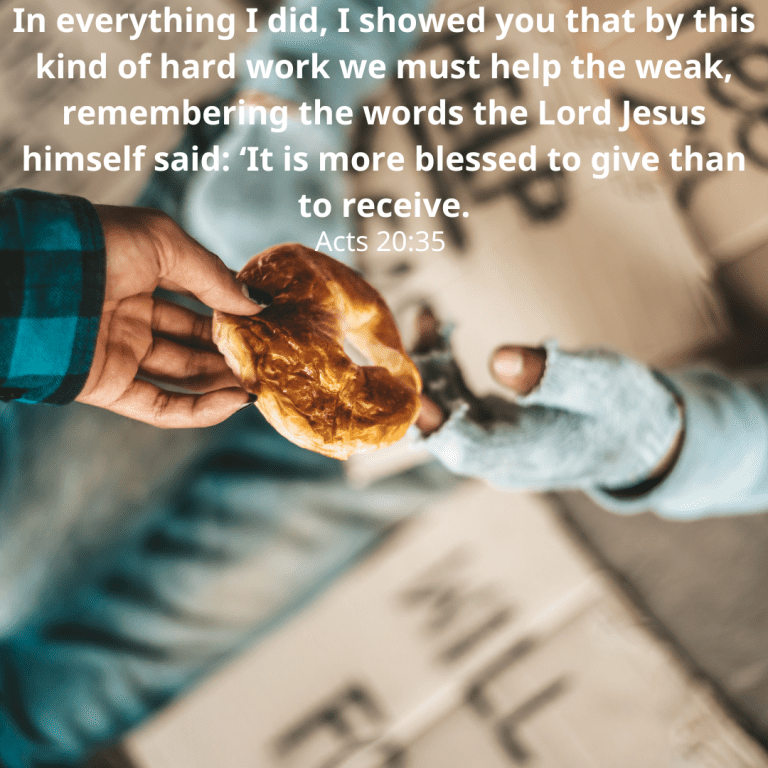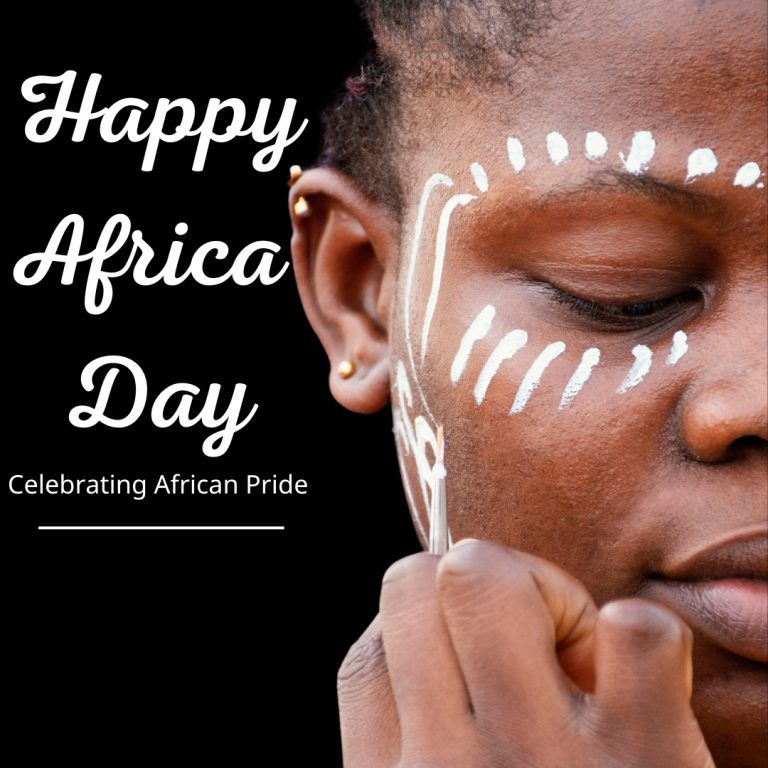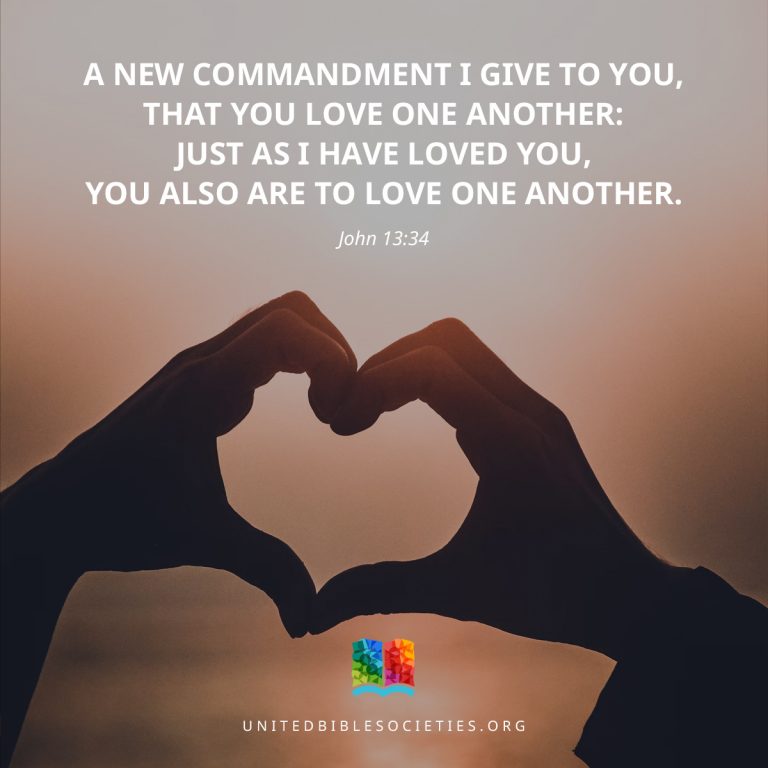God's Word through His Son
1 In the past God spoke to our ancestors many times and in many ways through the prophets, 2 but in these last days he has spoken to us through his Son. He is the one through whom God created the universe, the one whom God has chosen to possess all things at the end. 3 He reflects the brightness of God's glory and is the exact likeness of God's own being, sustaining the universe with his powerful word. After achieving forgiveness for the sins of all human beings, he sat down in heaven at the right side of God, the Supreme Power.
The Greatness of God's Son
4 The Son was made greater than the angels, just as the name that God gave him is greater than theirs. 5 For God never said to any of his angels,
“You are my Son;
today I have become your Father.”
Nor did God say about any angel,
“I will be his Father,
and he will be my Son.”
6 But when God was about to send his first-born Son into the world, he said,
“All of God's angels must worship him.”
7 But about the angels God said,
“God makes his angels winds,
and his servants flames of fire.”
8 About the Son, however, God said:
“Your kingdom, O God, will last forever and ever!
You rule over your people with justice.
9 You love what is right and hate what is wrong.
That is why God, your God, has chosen you
and has given you the joy of an honor far greater
than he gave to your companions.”
10 He also said,
“You, Lord, in the beginning created the earth,
and with your own hands you made the heavens.
11 They will disappear, but you will remain;
they will all wear out like clothes.
12 You will fold them up like a coat,
and they will be changed like clothes.
But you are always the same,
and your life never ends.”
13 God never said to any of his angels:
“Sit here at my right side
until I put your enemies
as a footstool under your feet.”
14 What are the angels, then? They are spirits who serve God and are sent by him to help those who are to receive salvation.
Ŋiɽaŋal ŋǝthi Allah ŋimǝ iila Tor-ri tuuŋwun.
1 Kerreny ǝṯi Allah andindaci rǝrnyǝri-ŋwsi rǝri raay-ri rittǝzir rir-na ter-ter liɽii-li, 2 laakin ki-ŋwaamin-la ŋwɔ ŋwɔthi kwaathan-ŋwɔ tǝ, nɔŋw andindaci nyuŋwsi Tɔr-ri tuuŋwun. Nɔŋworo tigitta-ri Allah ṯurmunǝ, nɔŋworo ticca Allah-na ethi aavi kwomne tatap kwaathan-gi. 3 Nɔŋw erṯelɔ fɔɔri-gi kwǝthi ŋinith ŋǝthi Allah, nǝ nɔŋwaaɽanni suurǝ kwǝthi Allah dap-dap, nɔŋw uvuni ṯurmunǝ ŋɔma-ŋi ŋǝthi ŋiɽaŋal ruuŋun. E-ta mɔŋw fivrici lizigwunǝŋi ŋikiyaŋi ŋeeŋen rac tǝ, nɔŋw naanalɔ ki-leere-na, ki-thii ṯǝthi mɔni ṯǝthi Allah Wuthǝmthi-lǝ ŋɔma-ŋi pur-pur.
Tɔr tǝthi Allah tithǝmthi-lǝ pur-pur.
4 Nǝ Tɔr ǝni tippiŋǝr ki-limeleka-la, kaka-ṯǝ nithǝmthi-gwɔ yiriny yuuŋwun yinḏǝthǝrsi yiriny-lǝ yeeŋen. 5 Kaka niti nǝccǝ-gwɔ Allah meleka kweere-ŋw ḏuṯ,
“Ŋa kwir Tɔr tiinyi,
nyii kwɔmoro Ṯarnyalɔ aŋwɔnɔ.”
Wala ethisi Allah andasi ŋeere ŋǝni meleka kweere ethaarɔŋw,
“Nyii kworo Ṯarnyin,
nǝ ŋundu tǝ ŋworo Tɔr tiinyi.”
6 Na mǝ Allah naŋni ethi ɔɔsa Tɔɔrɔ tuuŋwun tir nda ki-turmun-nǝ, nɔŋwaarɔŋw,
“Laazim a limeleka lǝthi Allah tatap kwocce ŋundunw-lɔ.”
7 Nǝ ŋǝthi limeleka nɔŋwaarɔŋw,
“Wǝṯi ruusi limeleka luuŋwun kɔrɔn,
nǝ ǝṯɔŋw ruusi yaḏaama yuuŋwun iigǝ wɔfɔɔdɔ.”
8 Nǝ ŋǝthi Tɔr nɔŋwaarɔŋw,
“Ŋa kwǝni Allah, Ŋeeleny ŋɔɔŋa ŋinḏi,
ethi nannitha dok-dok,
ŋa kwǝṯi mithǝ lizi lɔɔŋwa ŋirllalɔ-ŋi.
9 A kwǝṯi amɽi ŋirllalɔ, nǝ ǝṯisi wǝzi ŋugwurlǝlɔ.
Ŋindǝr-ṯǝ ŋɔ mindaŋ nǝ Allah,
wir Allah wɔɔŋa, alla ŋaaŋwɔ-na,
nɔŋw inḏǝthǝ ŋaaŋwɔ ṯiiɽǝnǝ ṯɔppa ṯithǝmthi-lǝ, ethi
kitha-la ṯinḏǝthǝŋw limathgalɔ.”
10 Nɔŋwaarɔŋw kwokwony,
“Ŋa kwir Kweeleny,
a kwɔgitta ṯurmunǝ kinaŋw-lɔ tuk kwon-kwon,
nǝ leere oro ŋothɽor ŋǝthi rii rɔɔŋwa.
11 Kwinḏi ethi kiirathalɔ laakin ŋa tǝ, ǝtǝ nannitha
kwinḏi ethoro kwooɽɔn tatap kaka yireth.
12 Kwinḏi-ŋǝ ethaaɽasi dɔŋw-na kaka jekeṯa,
mindaŋ ǝri reethe kaka yirethi.
Laakin ŋa tǝ,
ǝtǝ nannitha kwette-kwette nyaamin tatap,
mindaŋ mǝ ŋimiitha ŋɔɔŋa ere ernene ḏuṯ.”
13 Laakin Allah wende wɔmǝccǝ meleka kweere kwuuŋwun-ŋwɔ,
“Naanalɔ kɔnɔŋw ki-thii ṯiinyi ṯǝthi mɔni,
mindaŋ ŋǝ kettice ṯuwǝnǝ-lɔ ṯɔɔŋwa
ki-ŋwaara-na ŋwɔɔŋa.”
14 Liti lir rigɽim kira mac-a rǝṯi ǝkkici Allah ŋothɽor, mindaŋ nɔŋwsi ɔɔsa ethi mǝcci lizi kila linḏi ethaavi ŋiglǝthǝ?



